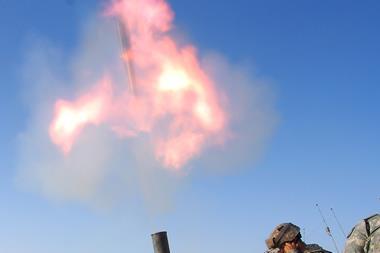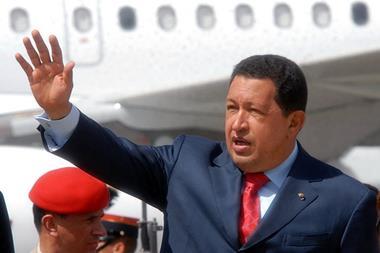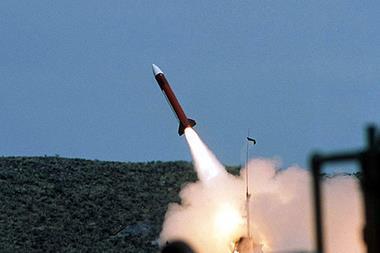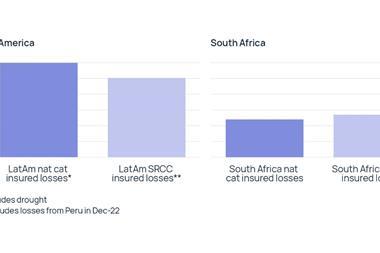by Anthony Murtagh
Whether or not it was down to the shock of it all, Wednesday’s international reaction to an Israeli air strike on a Syrian military site was rather quiet, all things considered.
Almost immediately, details of the attack were leaked by sources in Tel Aviv: we were told that Israeli jets targeted a military convoy heading to Lebanon in what appears to have been a warning to Damascus not to arm Israel’s Lebanese enemy.
Whatever the justification, however, the Israeli attack on Syrian soil was a clear act of sovereign aggression, and so it was only a matter of time before Syria and its allies responded.
The day immediately after the attack, Syria warned that a “surprise” response to the Israel attack is forthcoming. Iran, meanwhile – which has previously said that any attack on Syria amounts to an attack on Iran – said the attack “demonstrates the shared goals of terrorists and the Zionist regime… It is necessary for the sides which take tough stances on Syria to now take serious steps and decisive stances against this aggression by Tel Aviv and uphold criteria for security in the region.”
A statement by Russian Foreign Ministry said: “If this information is confirmed, then we are dealing with unprovoked attacks on targets on the territory of a sovereign country, which blatantly violates the UN Charter and is unacceptable, no matter the motives to justify it.” So far China has stayed quiet on the matter.
So much for the condemnation, but it remains to be seen whether or not Syria (or indeed Iran for that matter) will respond. President Bashar al-Assad is caught in a difficult situation here. If he does not retaliate then it is quite possible Israel will continue military operations across the Northern border at will and without fear of reprisal. If, however, a “surprise” response is carried out, then he’ll be held responsible as the might of the West rains down on his country.




















No comments yet